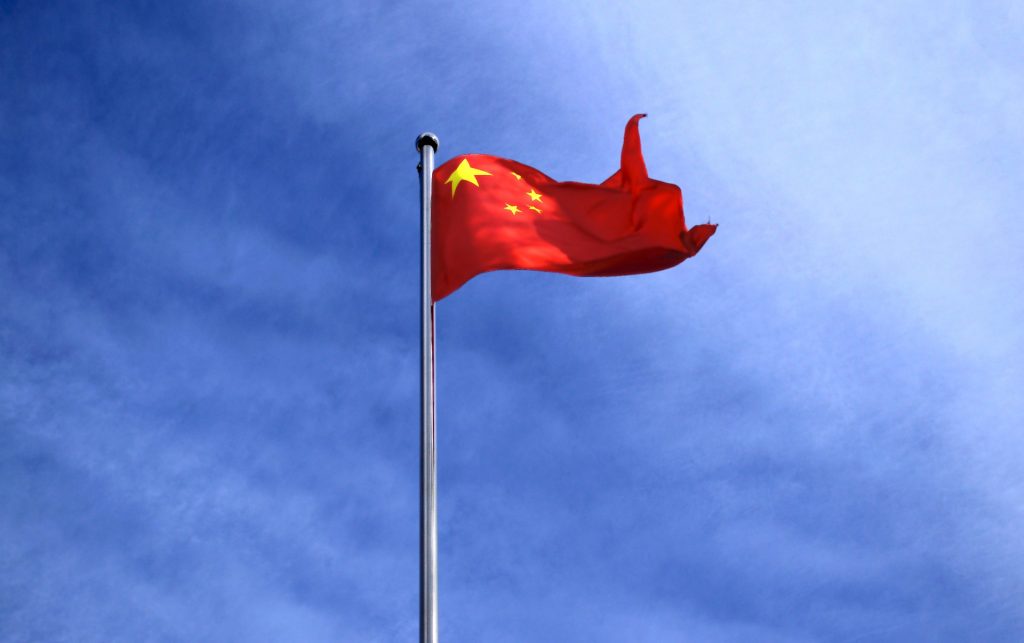It is no surprise that China and the U.S. are the leaders in developing quantum technology, what is surprising is how complicated the relationship between the two countries is. In a talk titled “Comparing the U.S. and Chinese progress in Quantum Computing and Communications,” scientist Edward Parker of the independent non-profit RAND Corporation, discussed the results of an earlier assessment RAND performed on behalf of the U.S. government. The talk, held at the fall Inside Quantum Technology conference, emphasized that not all the relationships between the U.S. and China were adversarial. “Quantum has a lot of peacetime applications,” Parker explained. He went on to highlight that the U.S. has coauthored more papers with China than any other country. While the U.S.’s quantum ecosystem is much more private than China’s ($1.28 billion in venture capital for the U.S. versus $44 million for China respectively) their differences may complement each other very well.
“It’s a complex story,” Parker added, as he illustrated that both the U.S. and China publish the most scientific papers per year on quantum computing. According to the assessment, China’s papers appear to focus more on the quantum communications side of the technology. With over 2,000 km of a fiber-optic network, China has the largest QKD network in the world. This has made the country seem like a possible threat to the future of quantum encryption and secure communications. But instead, the threat may not be so bad, as perhaps, via collaboration, the U.S. can leverage this network just as China can leverage the U.S.’s significant venture capital funds.
Unfortunately, few things are ever that simple. Relations between the two countries seem to be cooling as the U.S. government considers a new round of export restrictions on Chinese technology, including quantum technology and AI. Already the U.S. has put restrictions on Chinese manufacturing and exporting of semiconductor chips (a key: component of some quantum hardware) that may be to the U.S.’s detriment. While the U.S. seems to be taking these actions to defend against a potential threat from China, Parker believes that the threat is not viable. According to his presentation, “China remains very far from attaining a quantum computer capable of threatening encryptions…” Parker elaborated by explaining that China has a very different defensive strategy compared to the U.S. and that ultimately it did not matter who was more advanced, both sides had their own unique methods. Whether these methods work together or not remains to be seen.
Kenna Hughes-Castleberry is a staff writer at Inside Quantum Technology and the Science Communicator at JILA (a partnership between the University of Colorado Boulder and NIST). Her writing beats include deep tech, the metaverse, and quantum technology.
